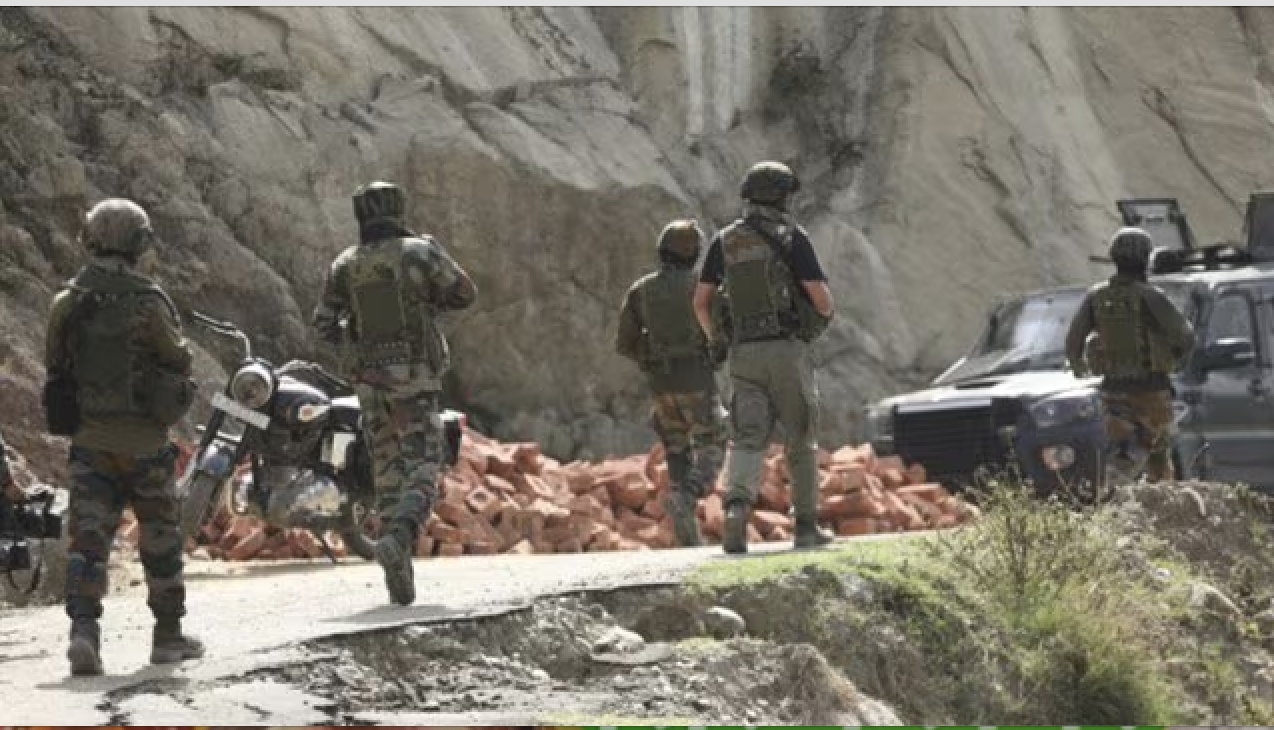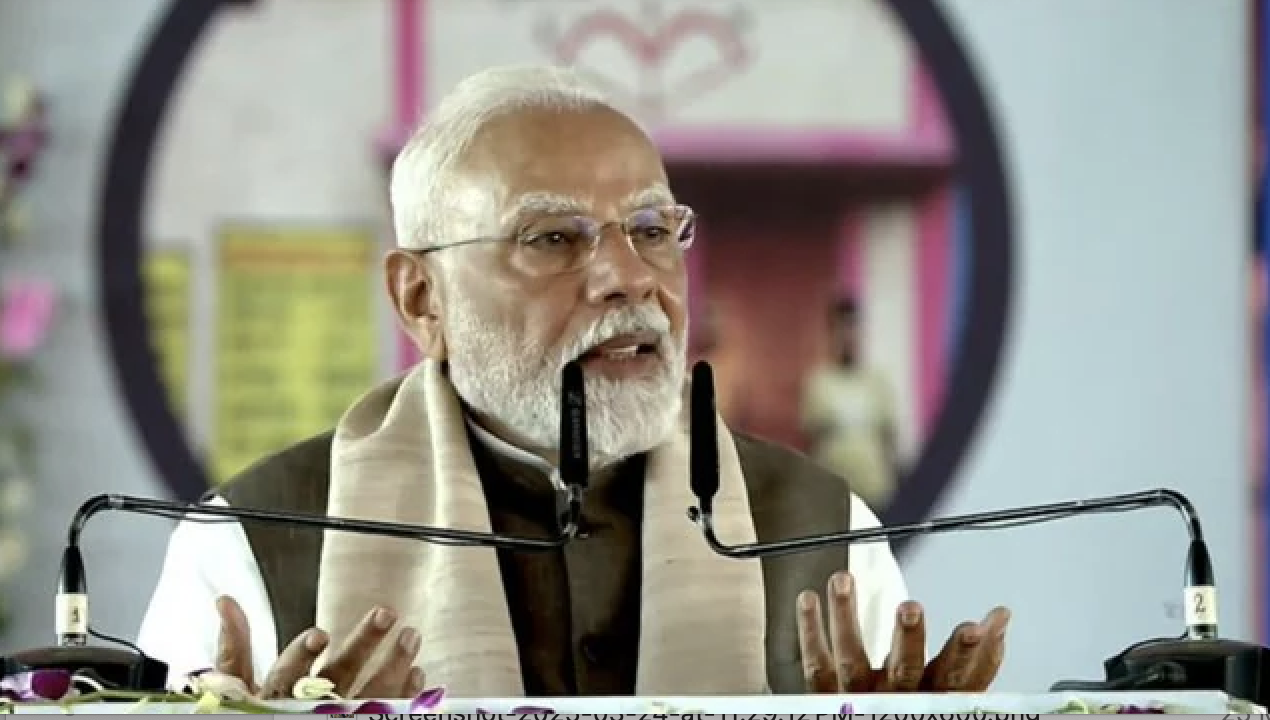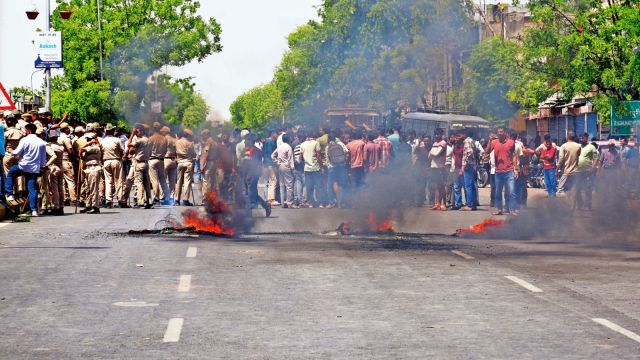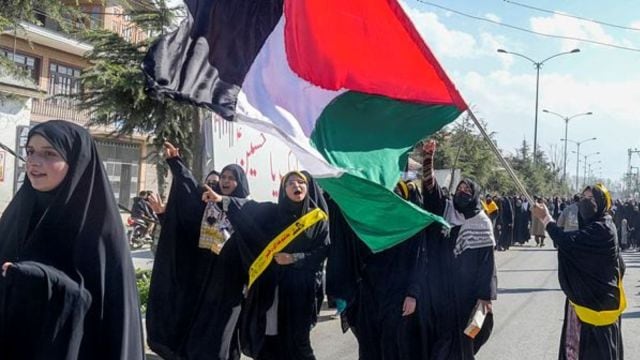Four years ago, in February 2020, the streets of Northeast Delhi were rocked by the worst communal clashes in the national capital in decades, which killed 53 people and injured hundreds.
The riots, which went on for three days, wreaked havoc in Khajuri Khas, Bhajanpura, Gokulpuri, and Jaffrabad areas of the city. Many homes were wrecked in the national capital, shops were vandalised, and vehicles were set ablaze. Eight mosques, two temples, two madrasas, and one dargah bore the brunt of the violence.
The riots had followed months-long protests against the controversial Citizenship Amendment Act (CAA) across different parts of the city.
The Delhi Police had arrested 2,619 people in connection with the riots. Of these, 2,094 are currently out on bail and 172 people are lodged in jail, according to police data quoted by The Times of India.
A total of 758 First Information Reports (FIRs) were registered. Of these, FIR 59, registered in 2020, charged 18 accused for allegedly planning a “larger conspiracy” in the 2020 riots, and is being probed by the Special Cell of the Delhi Police.
The accused have been charged under various sections of the Indian Penal Code (IPC), 1860 and the stringent Unlawful Activities (Prevention) Act (UAPA), 1967. Four years on, six are out on bail while the remaining 12 continue to languish in jails, with their bail pleas having been heard and rejected several times in the last 48 months.
This story was originally published in thequint.com. Read the full story here .






